Bringing AI into education creates challenges, but preventing students from accessing AI is unreasonable, according to Sal Khan, founder of the world-famous free online learning channel - Khan Academy.
At the international conference "Artificial Intelligence (AI) and the Future of Education" on February 28-29 in Hanoi , Sal Khan reviewed a number of American articles with concerns about AI threatening human life and destroying education because it helps students cheat more and makes them lose motivation to study because everything is done for them. Khan opposed this view and said that the fear of AI could lead to a regression in education.
“Just like the internet, Google, it would be absurd if we prevented students from accessing AI,” Mr. Khan said.
Khan Academy is now one of the world's largest free online learning platforms, with 150 million users in 190 countries and territories. Founder Sal Khan was voted by Time magazine as one of the top 100 most influential people in 2012.
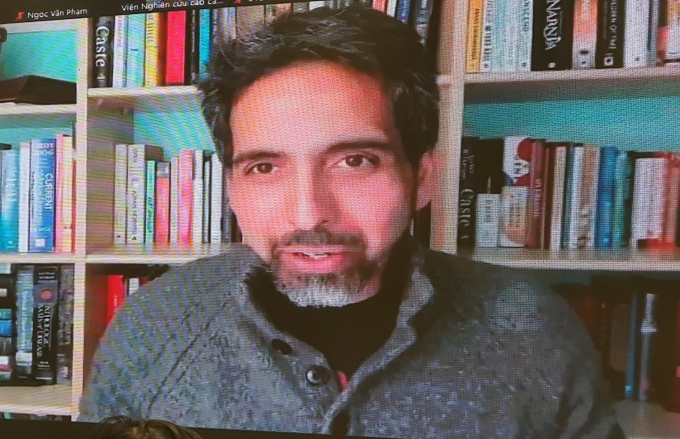
Sal Khan spoke online at the conference "Artificial Intelligence (AI) and the future of education" on February 28. Photo: Thanh Hang
According to Khan, at the secondary level, AI can become a private tutor for each student.
Citing the results of the Bloom model (6 levels of thinking), Khan said that learning efficiency will increase by 30% if students study with a private tutor. However, the problem is that the cost of hiring a 1:1 tutor is expensive, while not every family can afford it. He sees that AI can solve this.
Based on the ChatGPT platform, Khan is testing an AI tutor model. Instead of directly answering and solving exercises for students, this tool provides suggestions and knowledge related to the problem, thereby helping students find solutions. In addition, teachers and parents are empowered to monitor the content of exchanges between students and AI, ensuring that students use it for learning purposes.
"I think this is a way for AI to support learning without demotivating students," Khan said, adding that he will widely develop this AI tutor model if the test results are positive.
Agreeing, Associate Professor Dr. Le Chi Ngoc, lecturer at the Faculty of Mathematics and Information Technology, Hanoi University of Science and Technology, said he received many concerns about the rapid development of AI as well as the risks if students use this tool.
Mr. Ngoc sees this as a global trend. Preventing students from using AI puts them at a disadvantage in adapting to the times, lacking necessary skills such as information searching, problem solving... when going to work.
"What needs to be done is to guide students to use AI effectively," said Mr. Ngoc.
At Hanoi University of Science and Technology, Mr. Ngoc lets students refer to ChatGPT's answers when doing essays, projects, and even oral exams. He believes that the process of students receiving questions from lecturers, then converting those requests into commands for AI, and then selecting some content from the tool's answers also requires thinking, skills in synthesizing and analyzing information that students need to have.
Not denying the potential of AI, Associate Professor Dr. Le Minh Ha, Executive Director of the Institute for Advanced Study in Mathematics, also warned users to be cautious with AI, because this tool is still in the process of completion and development.
For example, with some sensitive content, ChatGPT can refuse to answer directly. But if the user cleverly sets the situation and changes the way of asking, this tool will still give the answer. Therefore, Mr. Ha recognizes that there are still risks when letting students access AI, requiring the school and family to accompany, guide and supervise.
In an overall assessment, Deputy Minister of Education and Training Nguyen Van Phuc acknowledged that AI brings great opportunities for educational innovation, creating an effective learning environment, such as personalizing learning, thereby promoting each student's capacity; supporting teachers in designing lessons; encouraging critical thinking and problem solving. In an indirect perspective, AI helps analyze data on learning, career trends and recruitment needs, providing useful information for learners and managers.
"Education aimed at developing human intellectual capacity from now on will always be closely linked and combined with AI capabilities. This is the core of the role of AI in future education," said Mr. Phuc.
Thanh Hang
Source link


![[Photo] 60th Anniversary of the Founding of the Vietnam Association of Photographic Artists](/_next/image?url=https%3A%2F%2Fvphoto.vietnam.vn%2Fthumb%2F1200x675%2Fvietnam%2Fresource%2FIMAGE%2F2025%2F12%2F05%2F1764935864512_a1-bnd-0841-9740-jpg.webp&w=3840&q=75)



![[Photo] National Assembly Chairman Tran Thanh Man attends the VinFuture 2025 Award Ceremony](/_next/image?url=https%3A%2F%2Fvphoto.vietnam.vn%2Fthumb%2F1200x675%2Fvietnam%2Fresource%2FIMAGE%2F2025%2F12%2F05%2F1764951162416_2628509768338816493-6995-jpg.webp&w=3840&q=75)

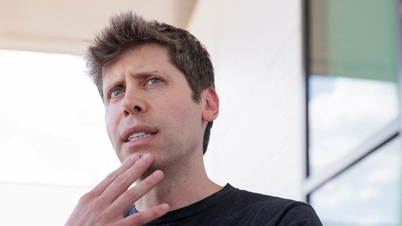



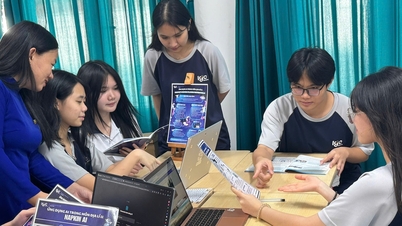




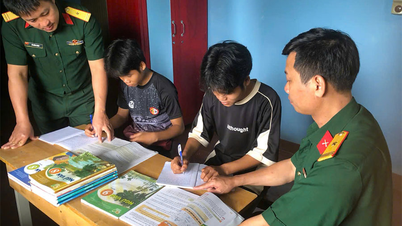

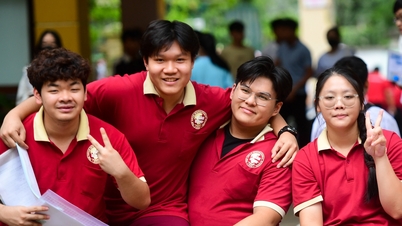

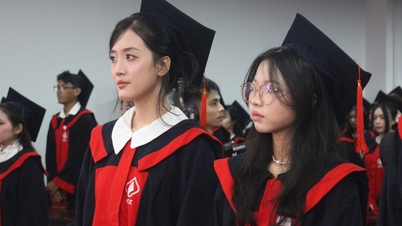



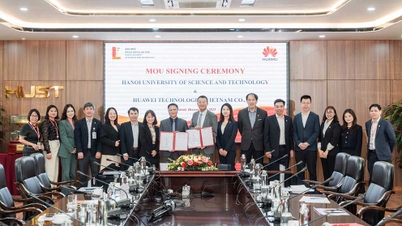




















































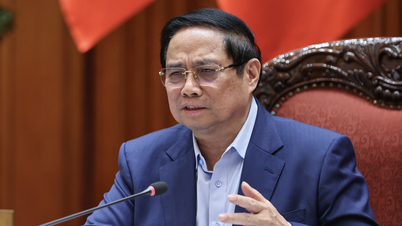








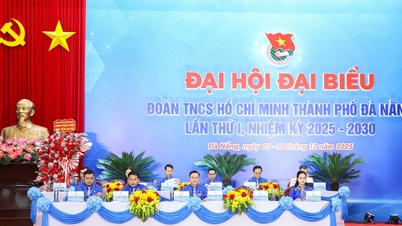







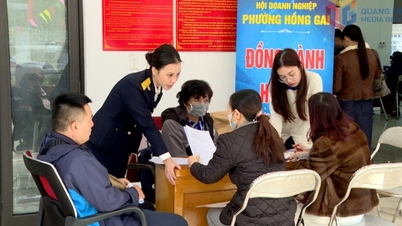


















Comment (0)